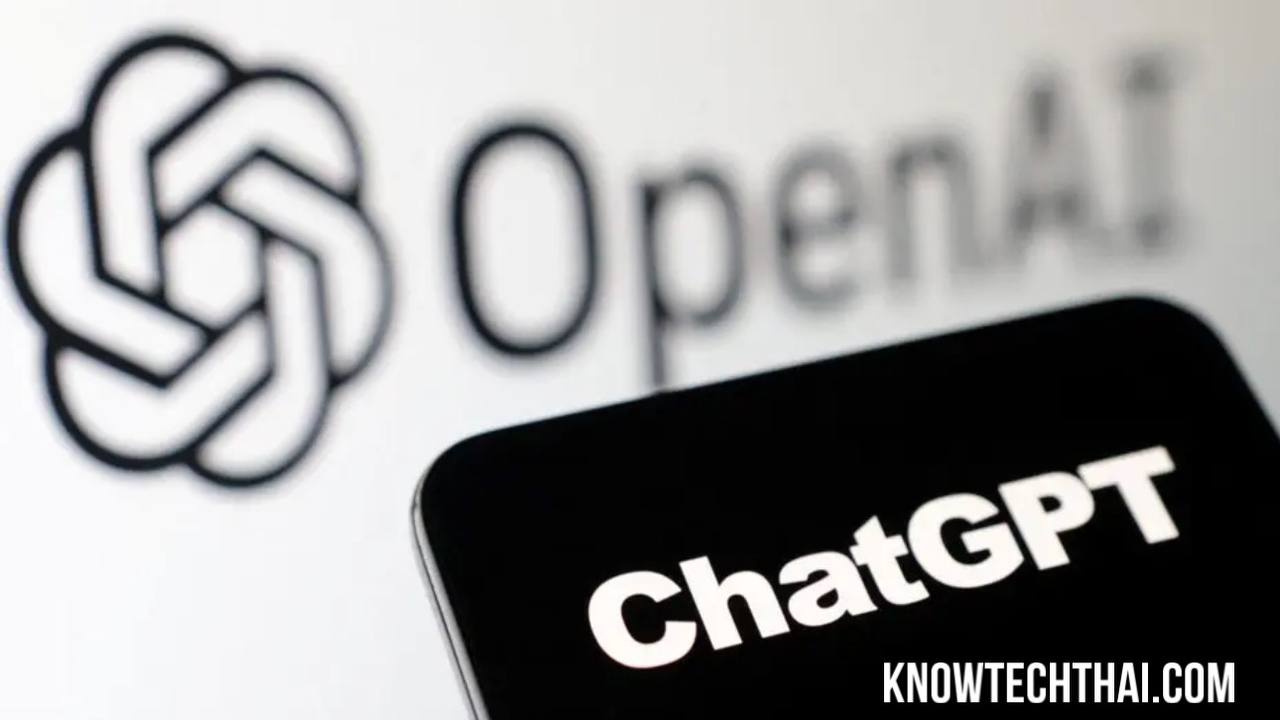Chatbots have ingrained themselves into our everyday lives in the fast-paced digital world of today. These AI-powered conversational bots are revolutionizing how companies connect with their clients, helping with customer care and offering tailored suggestions. Among the various developments in chatbot technology, ChatGPT stands out as a potent tool.

OpenAI created the sophisticated language model known as ChatGPT. It is built on the same platform as GPT-3, one of the most sophisticated natural language processing models available. However, ChatGPT is perfect for chatbot applications since it is designed to excel at producing conversational answers.
What makes ChatGPT so unique, then? Why is it seen as a game-changer in the conversational applications industry?
The capability of ChatGPT to comprehend the situation and provide thoughtful replies is one of its main advantages. ChatGPT has been taught to comprehend and answer to a broad variety of subjects and enquiries because to its extensive training data, which includes several sources from the internet. Whether you have a query about a certain product or are looking for suggestions on a certain subject, ChatGPT can provide useful and interesting answers.
The adaptability of ChatGPT is another outstanding quality. ChatGPT employs machine learning to provide dynamic and contextually appropriate replies, in contrast to conventional rule-based chatbots that are programmed with fixed responses. As a result, the chatbot may adjust and develop depending on user interactions to provide a conversational experience that is more like to that of a person. Businesses may use ChatGPT to build chatbots that are more sophisticated, engaging, and able to comprehend difficult questions.
Furthermore, ChatGPT implementation is rather easy. Developers may include OpenAI’s user-friendly API into their already available conversational applications. This enables companies to rapidly improve their customer service channels. Integrating ChatGPT helps speed up communication, shorten reaction times, and provide consumers more individualized experiences whether it’s a chatbox on a website or a mobile app.
ChatGPT’s influence extends beyond only customer support. It has the ability to change the way many industries are run. For instance, ChatGPT may be used in the healthcare industry to provide medical advice and respond to simple health-related queries. Businesses in the e-commerce sector may use ChatGPT to provide tailored product suggestions based on consumer preferences and past purchases. There are many options.
It’s crucial to remember that despite ChatGPT’s amazing capabilities, it still has certain drawbacks. The replies that are produced might sometimes be inaccurate or include false information. These drawbacks are being regularly addressed, and OpenAI is attempting to enhance the model’s functionality. Additionally, ethical issues and prejudices must be properly addressed via the responsible use of AI technology.
In conclusion, the development of ChatGPT represents a critical turning point for AI chatbots. ChatGPT is transforming conversational applications and changing how companies engage with their consumers because to its sophisticated language processing skills and agility. We can anticipate increasingly advanced chatbots that provide smooth and interesting conversational experiences as this technology develops, which will ultimately be advantageous to both companies and end users.

